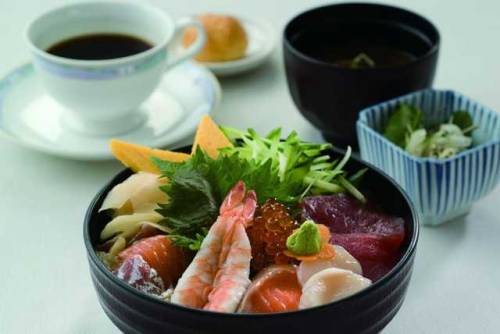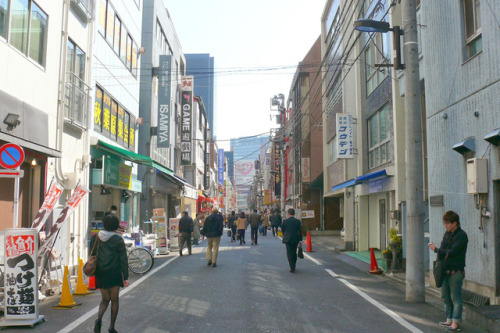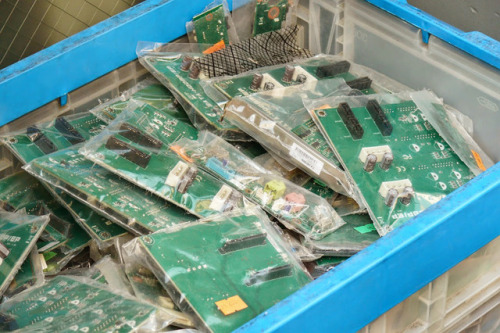#shopping in japan
Shopping, Dining, And Hot Springs In One Place! LaQua In Suidobashi
Have you ever wished for a place to satisfy all of your shopping, dining, entertainment, and even hot spring needs? Tokyo Dome City does just that. Today we’ll be introducing one of the main facilities found here: LaQua.
Post link
Visit Junk Street For A Deeper Akihabara Experience
Akihabara is known for its anime-related shops and electronic stores. But that’s not all to this city. If you’re looking for a deeper Akihabara experience, head to the ever-changing “Junk Street”.
Post link

One question that you will definitely be asked in nearly every store you visit in Japan will be ‘Do you have a T-point card?’(T-point ka-do arimasuka? / Tポイントカードありますか?).
AT-point card is a point card that you can use in many stores across Japan.
If you present this card at certain stores, they will give you points depending on the price you paid for your shopping. You can use these points to get a discount on future shopping (eg. one point is worth one yen).
There are a few ways to answer the question “T-point ka-do arimasuka? (Tポイントカードありますか?)”. If you are a brief visitor to Japan, you won’t have one, so simply answer with one of the following:
~Nai desu / ないです
~Mottemasen / もってません
~Arimasen / ありません
These phrases all mean ‘No, I don’t have one’.
What to listen out for: Questions in Japanese are generally not asked with an upward inflection like questions are asked in English. The question will be asked without an upward inflection, so it will not sound like a question. Make sure you listen carefully for ‘T-Point ka-do arimasuka? (Tポイントカードありますか?)’
If you are staying in Japan, they might even ask you to make a T-point card on the spot. In this case, they will say “T-point ka-do wo otsukuri itashimasuka? (T-ポイントカードをおつくりいたしますか?)” which means “Would you like to make a T-point card?”.
If you would like to set up your own T-point card, they will give you a form to fill out. If you don’t want one, simply reply with “Kekkou desu (けっこうです)” or “Irimasen (いりません)”, which means “no thank you”.
T-point card forms are usually in English, so they are easy to understand and fill out with no confusing kanji.
Let us know if you have any more questions about the T-point card! We’ll be more than happy to help! ^_^




